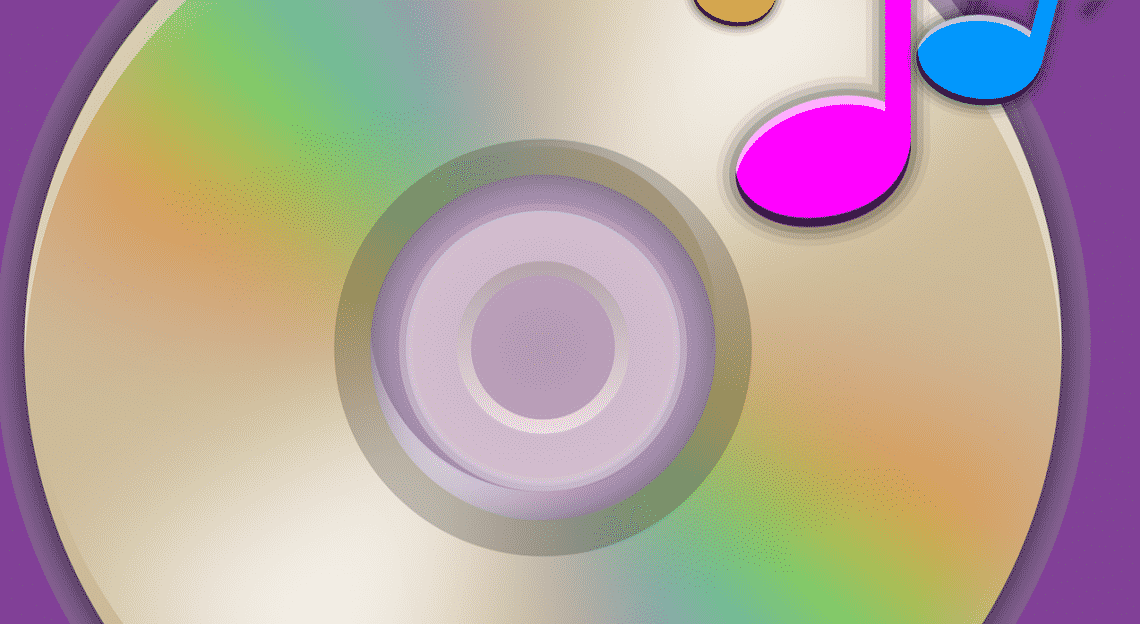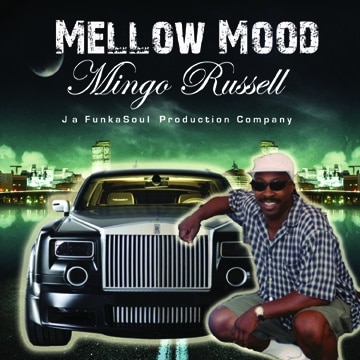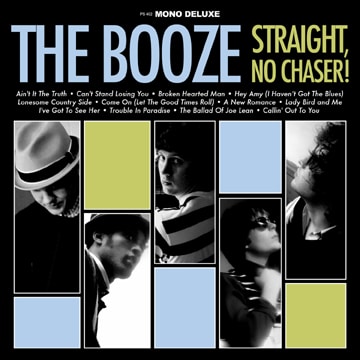Short Run CD Duplication
CALL US NOW FOR A FREE QUOTE
678-780-1722
🔥 SPECIALTY ITEMS 🔥
Choose from our most popular disc packaging options or create your own from scratch.
What is CD Duplication?
If you’ve ever wondered what a CD Duplication is, you’ve come to the right place. It’s the process of creating new discs from the originals. CD Duplication is the process of reproducing existing discs, so the process is similar to that of baking a batch of cookies. A glass master, polycarbonate base, metallic reflective layer, and lacquer coating are used to create a new copy of a disc. It’s the process of remaking a CD or DVD. Once created, you simply place the duplicated disc into a recording drive.
Replication is a process of creating new discs
Replication is the process of creating new CDs from existing ones. The recording industry uses the process to create new music albums. CD replication requires specific design machinery and efficient processes. The process allows for more creative options when it comes to print finishing. Generally, CD replication requires a minimum order of 500 units, but you can get a lower price by ordering in volume. Depending on the volume you need, the process can take anywhere from seven to ten days.
Replication is best for music and data projects. For new albums, replication is the best option because there is little to no difference in quality. CD duplication is ideal for short-run data projects. However, with changes in the market and the need for shorter-run copies, replication has become increasingly important. There are a few key benefits to replicating your CDs. Here are three reasons why replication is a great choice for your next CD project.
CD replication begins with a glass master, which looks like a molded CD but is really an optical-grade glass disc coated with a light-sensitive chemical. CDs created using this method are called’replication masters’, and they play on all CD players. Replication is less expensive than manufacturing CDs in large quantities. Besides being a cheaper option, replication offers the same quality at a much lower price.
After creating a master copy, a glass master is created from the original image. Stampers then press the discs, which are identical copies of the original master. These stampers are highly reflective and have two quality control tests. CDs that go through finalization are ready for label printing. The finished CDs are stamped and are cooled. These CDs are produced every three to four seconds. The CDs produced in this process are molded in an industrial environment.
Replication is a process of creating new copies of an old CD. CD duplication is cheaper and more convenient, but is better for home computer users. CD replication is best for high-volume, high-quality projects. Most independent artists do not have the money to invest in CD replication, but larger labels can afford it. If you want to make a large number of copies of a CD, you’ll have to invest in a glass master.
Replication is an economical method for producing CDs and DVDs in large quantities. Its benefits include high quality and fast turnaround. There are many CD and DVD duplication methods available, and knowing the differences between these two processes will help you choose the best one for your needs. So, choose wisely! The best way to produce copies is to compare costs and benefits of both CD and DVD printing methods. You can also consider which process will work best for your needs.
Cost
The cost of CD duplication varies according to the volume and complexity of your orders. The process itself is similar to burning a CD on your personal computer. The master copy of the CD contains the data to be duplicated. Blank discs are then loaded into the drives. Data is verified on the discs and either accepted or rejected. CD duplication costs can be broken down into three main categories: personnel, equipment, and materials. The cost of basic CD duplication can vary depending on the equipment, the order volume, and urgency of the order.
CD duplication costs vary widely. Depending on the quantity you order, CD duplication can range anywhere from $1 to $5 per disk. Prices also vary based on the printing quality you want, with black-and-white thermal printing costing the least and high-resolution full-color digital printing the most expensive. In addition to printing costs, the cost of CD duplication includes packaging. The process of CD duplication requires a minimum order of 100 CDs.
CD duplication is the quickest way to produce a large number of CDs quickly and inexpensively. CD duplication costs less per disc than DVD duplication, but it’s more expensive overall. However, it’s still worthwhile to consider the cost in the long run. The cost of CD duplication depends on the number of discs you want to duplicate and the type of packaging and artwork you choose for your CDs. CDs are typically delivered in standard jewel cases with a tray card.
A professional CD duplication service will create a professional-quality CD with no extra charge. CD duplication services can produce custom packaging for CDs, and full-colour printing of complex graphics and corporate images is available for your CDs. Once the duplication process is complete, you will receive the CDs with the quality and consistency of the original. This makes CD duplication the most affordable option for small and medium-sized businesses.
CD Duplication can be a time-consuming process, but it’s worth it when you’re promoting your music. CD Duplication isn’t necessary if you don’t have a large order of CDs. Instead, it’s a good idea to work with a professional. A reputable company should offer you a Gold Package – their top-selling product for the last five years. It includes a clear sleeve and full cover insert.
A professional duplication service can produce high-quality CDs and DVDs in large quantities. It is less expensive than replication and has a faster turnaround. CD duplication vendors may provide extra services such as custom packaging and shrink-wrapping for the final product. Some CD/DVD replication services also include graphic design work, which can be extra, and glass master creation may incur a set-up fee. Depending on the complexity of the project, CD duplication may be the best option for your project.
Minimum order requirement
If you’re planning to duplicate a CD, the minimum order required by a professional replication company is generally 300 units. However, some companies also offer duplicate-as-needed services. The more CDs you order, the cheaper the per-unit cost will be. If you order 1000 CDs, you can expect to pay $0.89 per CD – not bad! However, keep in mind that you’re unlikely to sell all those CDs.
While many artists are turning to digital release of their music, there are still people who prefer a physical product. Physical products are also great to sell after a concert. CD replication is a process that produces a glass master from an audio file and then manufactures individual CDs. There’s a difference between replication and duplication. Replication is the process of producing individual CDs from a master CD. CD duplication produces a physical product from a digital file.
CD replication requires a glass master and mould, which is then used to stamp thousands of CDs. The process is simpler than duplication. In fact, CD duplication is similar to burning a CD on a desktop computer. However, the quality is higher with CD replication. In addition, it takes less time and money to create a CD, while replication can take up to fourteen days. When the volume is large, CD duplication is a great option.
CD Duplication Headquarters:
Atlanta Disc 157 Burke St. Suite 108
Stockbridge,
GA 30281
678-780-1722
atlantadisc@aol.com













